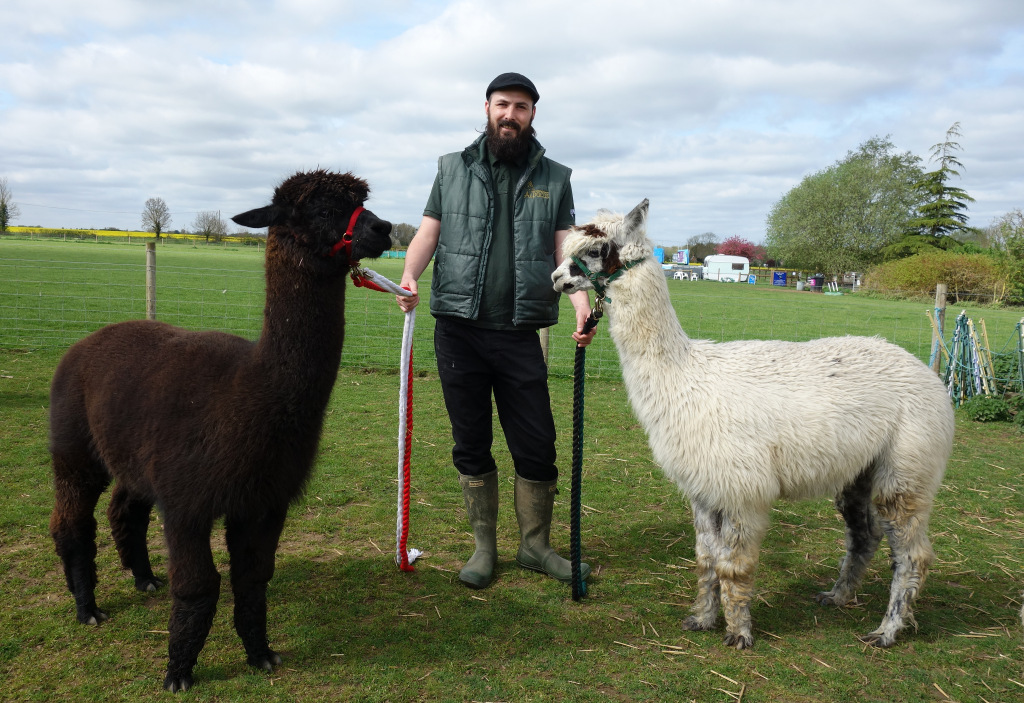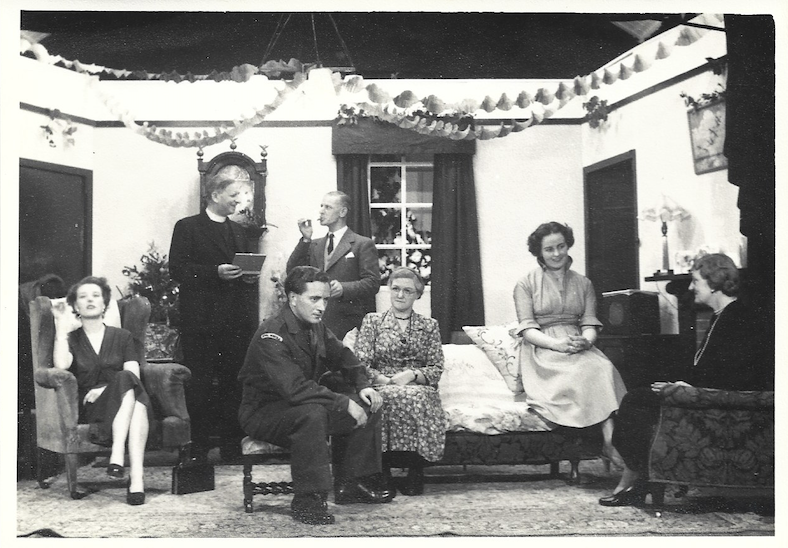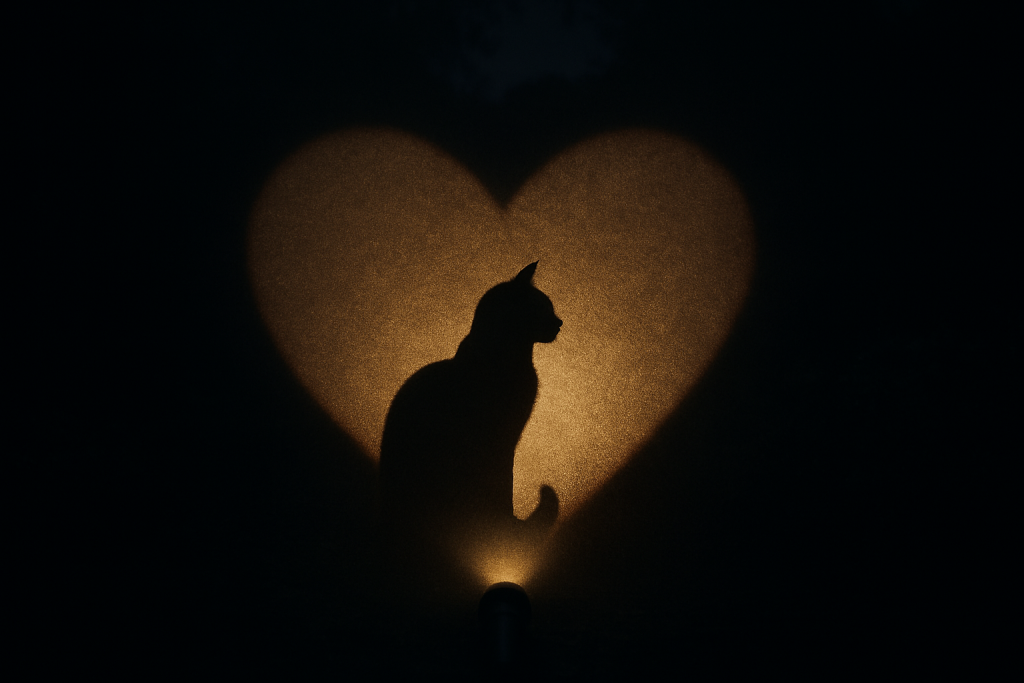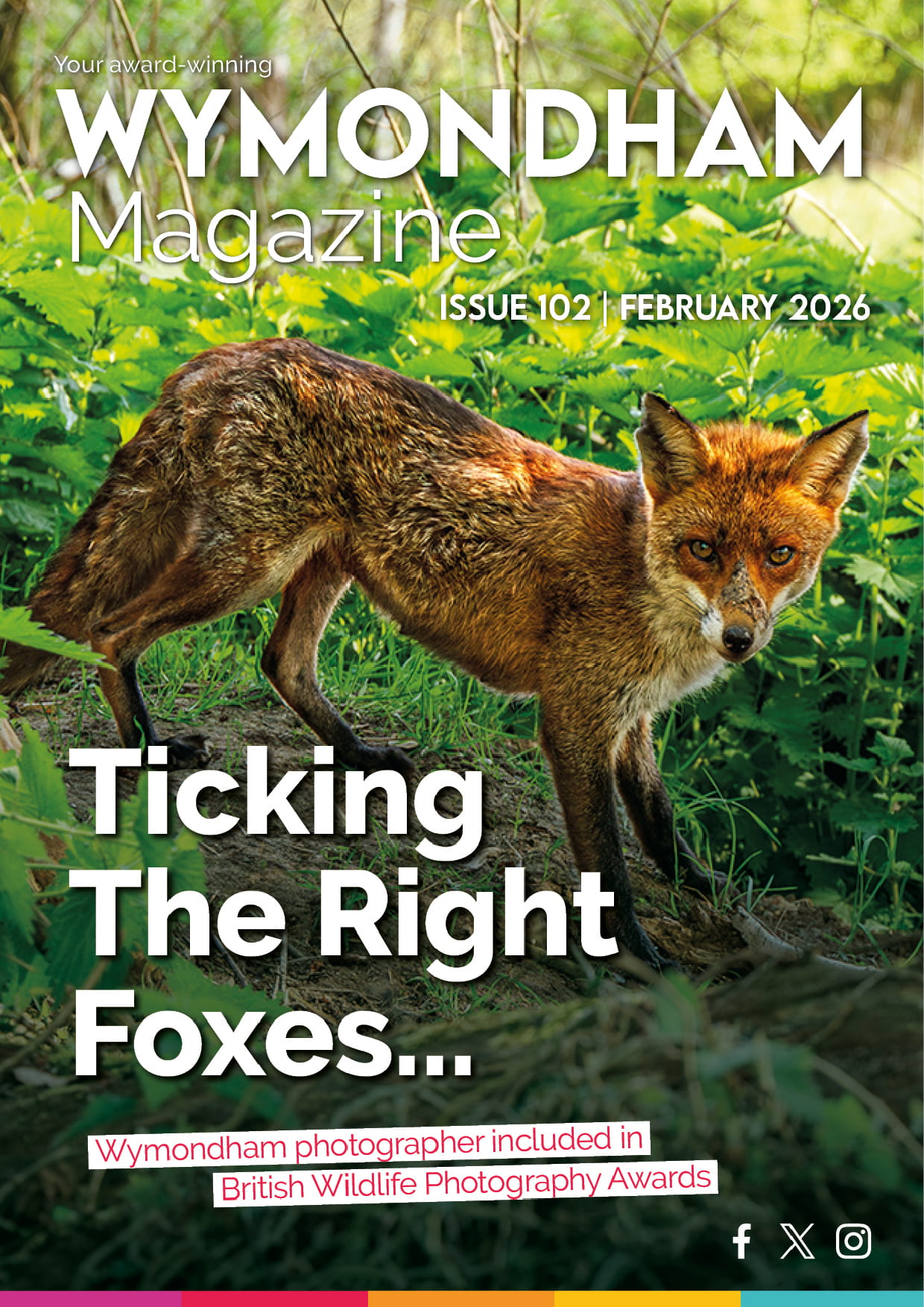This month we visit the wonderful world of Wymondham Alpacas. Tom Boggan talked to us about his enthusiasm and love for alpacas and how his passion became a business. It was a pleasure to meet the alpacas and it’s easy to fall for these charming creatures. Tom and his team currently care for nine alpacas, but there may soon be llamas joining them, as he explains here.
What’s your background and how did you become interested in alpacas?
I grew up in Hethersett, then moved to Wymondham with my partner. I don’t have a farming background and did different jobs before becoming assistant manager of the café at Centre Paws. My partner got me an alpaca experience for my birthday, hoping to get it out of my system, but I just fell in love with them! I read books and went on husbandry and shearing courses. I managed to persuade the farmers to rent me a paddock here at Centre Paws then got three alpacas as pets. I never planned to do anything with the public, but friends walked them, which went very well, and now I do it six days a week!
When did you set up Wymondham Alpacas?
I started doing the alpaca walks and experiences around the end of 2019. At the beginning, we just did Saturdays and Sundays, three walks a day and the boys had a break between treks. Now we do one walk in the mornings, six days a week.
When we started, we went almost straight into lockdown, but being an outside business we were quite lucky and could soon start taking families and bubbles. We had to wash the leads between walks and do handwashing, but we managed, and eventually it was great! We’ve had to raise our prices this year with the increased costs of food, vet prices and medicines.
I’m passionate about alpacas, but if it ever became a chore, I wouldn’t do it anymore. People who come on the experience know I'm passionate and it’s hard to stop me talking about alpacas! I love them and they are my pets first and foremost. If my business stopped, I would still have alpacas.
Do many people ask about the difference between alpacas and llamas?
That’s the most common question we get! They are two different animals, but in the same family. Alpacas are known as smaller, cuter versions. Excitingly, we have some llamas coming at the end of the month, so when people ask me, I can just point! First, I need to get to know the llamas myself, but as they are pack animals, the plan is for them to carry picnics made in the farm café, and go for a trek, stopping for a bite to eat. I’d also like to do an adult-only llama trek into town and stop for a pub lunch. So we have plans, and it’s nice to keep the business fresh.
Where are alpacas originally from and how have they adapted to the climate and diet here?
They’re common in South America, especially Peru where they’re considered quite a spiritual animal. They use them for everything from fleece for bedding and clothing to meat.
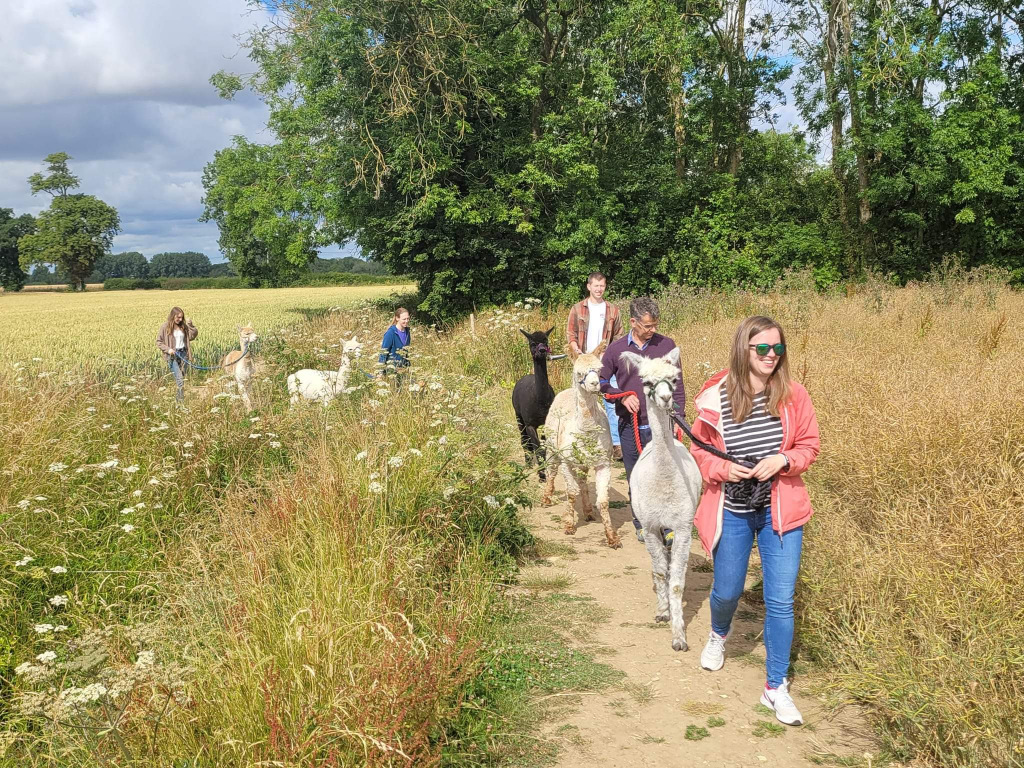
The alpacas cope well with the climate here. We had to stop doing treks last summer as it was so hot, but they’re generally okay with the heat. It gets hot in South America, but it’s also freezing at night there. The boys aren’t big fans of mud or rain, so we don’t do our experiences in the rain. It’s important that they have shelters, as unlike sheep that have lanolin making them waterproof, alpacas are not. So it’s important they’re not left out in the rain.
Alpacas are a grazing animal, so they spend a lot of time in their paddock grazing and have a hayrack. I give them extra vitamins and minerals as Norfolk grass is different from South American grass and doesn’t have the goodness they are used to. My boys are on clover in the paddock, so they can get slightly overweight as clover is like chocolate for humans.
Can you tell us about the alpacas you have?
We keep boys, as if you have both it’s not fair for the females to be constantly harassed, and the males fight more. I’ve got a very good alpha, Carlos, who keeps the others in check. If they’re not showing signs of aggression there’s no real need to get them castrated. Most of my boys are relatively old and the vet said they’re grumpy old men now and that’s not going to change!
The average lifespan is between 20 and 25. My oldest is 18 and fully retired. The youngest, Franco, is two and a half and he’s in training now. Obviously, they do get poorly and injured like every animal, and I sadly lost my first alpaca in December. Carlos is now 16 and when he’s ready to retire from trekking, his body will show me and he’ll refuse to go out - that’s when it’s time to stop.
I always go to a breeder so I can see my boys’ birth certificates and family tree; I think it’s important to know their background and genetics. My boys are pet quality rather than show quality, but I go for temperament and friendliness.
What about their characters and names?
They all have different personalities and during the experience I introduce you and tell you about them. I like human names and wanted a South American theme so went with Carlos, Bruno and Diego; but breeders prefer you not to change the names, so there’s Clifton and Galahad, which are very British names. On his birth certificate, Clifton’s very posh: Clifton James Barrington Constable! Denver is named after a little boy who passed away and his mum came on one of our walks. Franco was picked by the public on our Facebook page. I don’t say that I have favourites as they’re all great in their different ways. I’m very bonded with Carlos because I walk him the most and he was one of my first alpacas. Clifton and Galahad have amazing temperaments - they’re the boys I take to care homes, schools and weddings.
What activities do you offer?
The experience lasts around one hour 15 minutes. We herd the alpacas into the shelter, hand feed them and I talk about them and answer any questions. We finish with a walk round the local fields. The meet and greet is the same as the experience but without the walk.
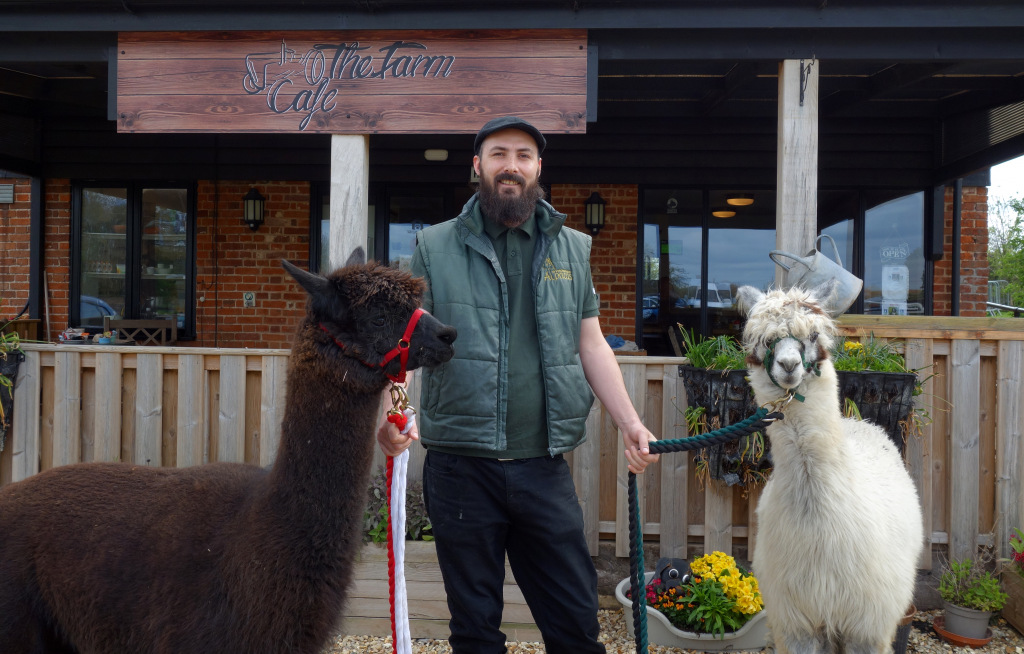
All sorts of people do the experience: couples, families, friends. Last year we did a 101-year-old birthday, which was great. We are wheelchair accessible for the meet and greets. We’ve had school and care home visits and gone to care homes ourselves. We do local fêtes and Wymondham Fest. I’ve been invited on a music video, and Come Dine with Me on Channel 4, but it was cancelled due to Covid.
We do needle felting workshops using alpaca fleece, which is hypoallergenic. On one course people brought pictures of their dogs and made little needle felt dogs. We’ve also done team-building experiences with companies and the UEA. We can host big groups and fun events like hen parties. We’ve done weddings too and my boys wore little black bow ties!
In January 2022 we purchased the café on the farm. After the experience people can come to the café for bacon rolls and cups of tea. We’ve supplied the back room for private functions, like hen parties and afternoon teas.
What reactions do you get from people?
The reactions have been amazing, people love coming to visit, so it’s very rewarding. One family have been back seven times! I like to use the experience as a teaching tool and try to go into as much detail about alpacas so people leave feeling they’ve learnt something.
We’ve been nominated for multiple awards. We were previously runners up in the South Norfolk Business Awards and we’ve been on the Muddy Stilettos Awards, which is local as well. People can vote for us if they want us to win that. It’s nice being part of the community and being recognised as well.
Where can people find out more and what future plans do you have?
We have a Facebook page, Wymondham Alpacas, and a website where you can book our experiences (www.wymondhamalpacas.co.uk). The website is quite simple at present but we hope to add more. We want to grow and expand. This year we’re getting three llamas and more land. We’ve got nine alpacas now but could get more in the future.




